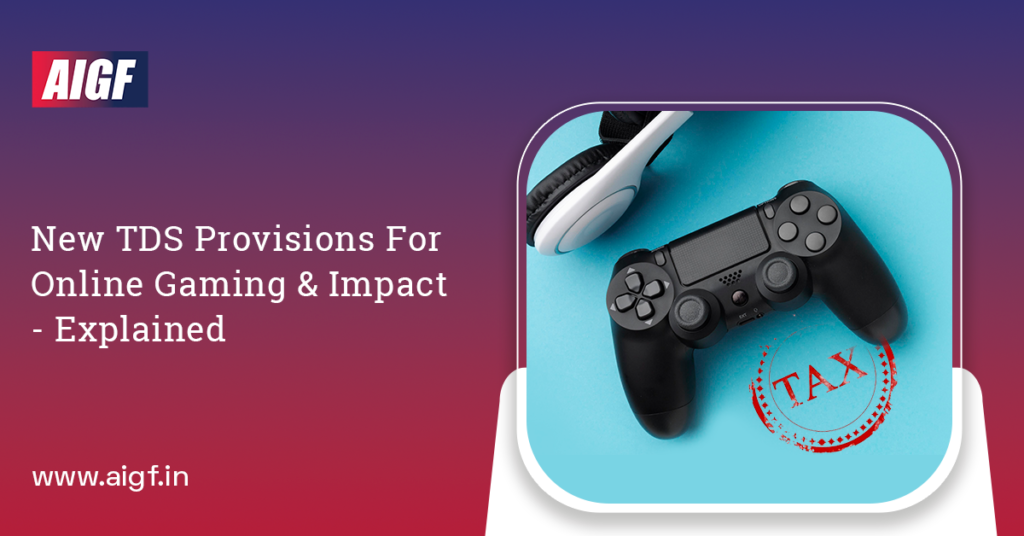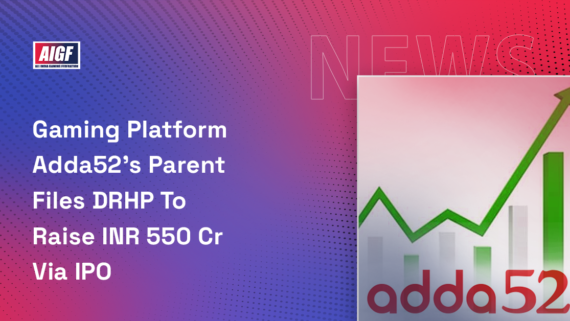The flourishing online gaming industry was mentioned in the Union Budget 2023, which came with proposed TDS changes. Examining the changes in TDS, the tax law firm Lakshmikumaran & Sridharan (LKS) appreciates the government’s drive to give clarity on direct taxation of online gaming, highlights the expected difficulties, and their impact on users and industry, and proposes answers to address the same.
New TDS Provisions For Online Gaming And Impact- Explained
The flourishing online gaming industry was mentioned in the Union Budget 2023, which came with proposed TDS changes.
Examining the changes in TDS, the tax law firm Lakshmikumaran & Sridharan (LKS) appreciates the government’s drive to give clarity on direct taxation of online gaming, highlights the expected difficulties, and their impact on users and industry, and proposes answers to address the same.
The online gaming industry presently is deducting TDS on winnings under Section 194B, which has an edge of INR 10,000 for each game post, and the tax is deducted at a rate of 30%. In the Union Budget 2023, the Finance Minister announced a separate new section 194BA for TDS on online gaming.
Under the new section, online gaming platforms are supposed to deduct 30% of TDS from net winnings. The computation of ‘net winnings’ will be recommended independently.
While this has been a welcome move for the industry, it has also presented a conundrum. This is because the current Section 194B is being amended, and keep in mind that the amendments to Section 194B begin on April 1, 2023, and the new Section 194BA becomes effective on July 1, 2023.
This intends that for 90 days between April 1 and June 30th, 2023, the online gaming industry should conform to the amended 194B and go through two different compliance structure changes in three months or less. This can create a tonne of confusion for the users and represent a tremendous compliance challenge for the industry.
Remarking on the report, L. Badri Narayanan, Executive Partner, LKS, said, “While the new proposed TDS changes bring in the much-needed recognition for online gaming, the compliance complexities do pose a challenge.” The application of two different tax deduction changes within the same financial year may result in massive confusion for players, who may inadvertently not be able to comply or end up losing money.
It may also lead to a mismatch between the winnings reported by OGIs and the actual taxable net winnings of the users. Additionally, it would require significant education of the 20+ crore online gamers, which would be an arduous task.”
He added, “Historically when such changes are carried out, only one regime change is prescribed to allow for sufficient time to implement.” “The government should ideally conduct industry consultations to understand their concerns and notify the rules accordingly.”
As per the whitepaper, the proposed answer for these likely issues would be that edge amendments to Section 194B ought to be brought into effect from July 1, 2023, for smooth progress, as has been the practice for earlier amendments. It is likewise vital that the tax return filing process for users at the end of the financial year remains consistent. The report additionally proposes specific principles that might be taken on for the calculation of net winnings, reflecting on the purpose of making these amendments.
The government and the industry can receive the benefits of this new sector, given that every one of the worries is addressed holistically. India has emerged as a trailblazer in the online gaming industry, offering over INR 22,000 crore in revenue to the exchequer. With a projected compound annual growth rate (CAGR) of 38%, the industry can empower the “Make in India” and “Brand India” vision.
Credit: The Bridge











Comments
Comments are closed.